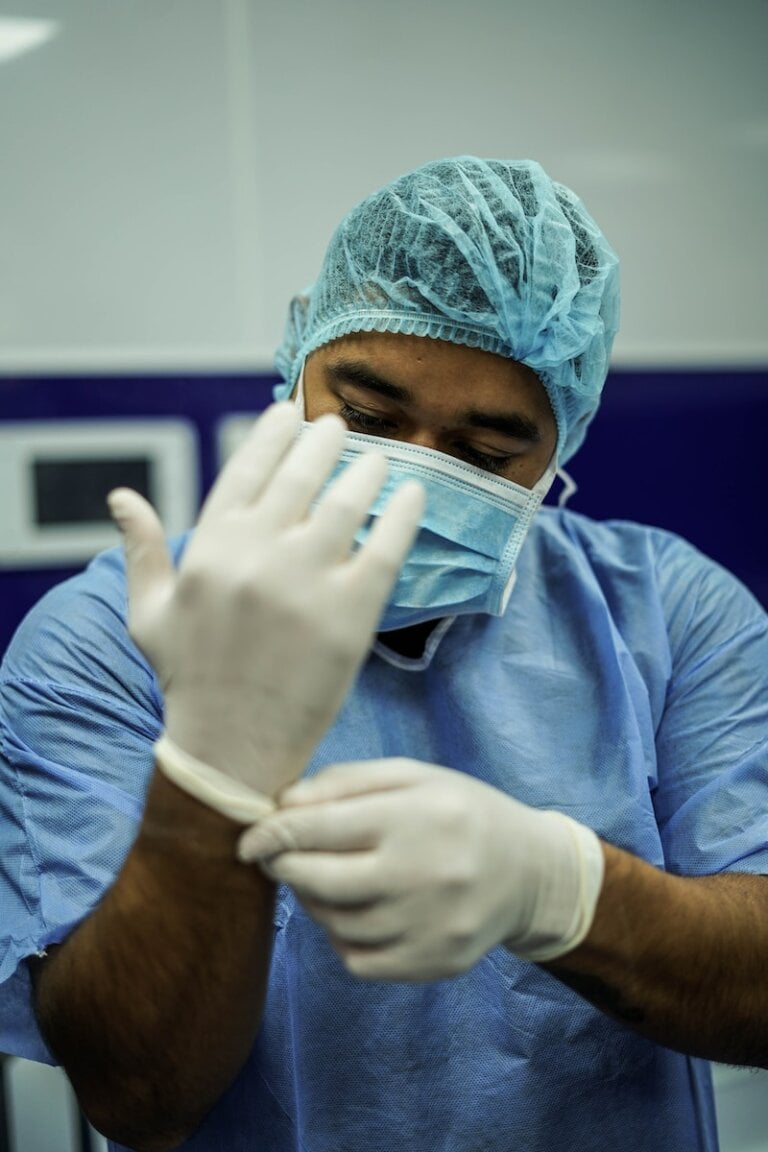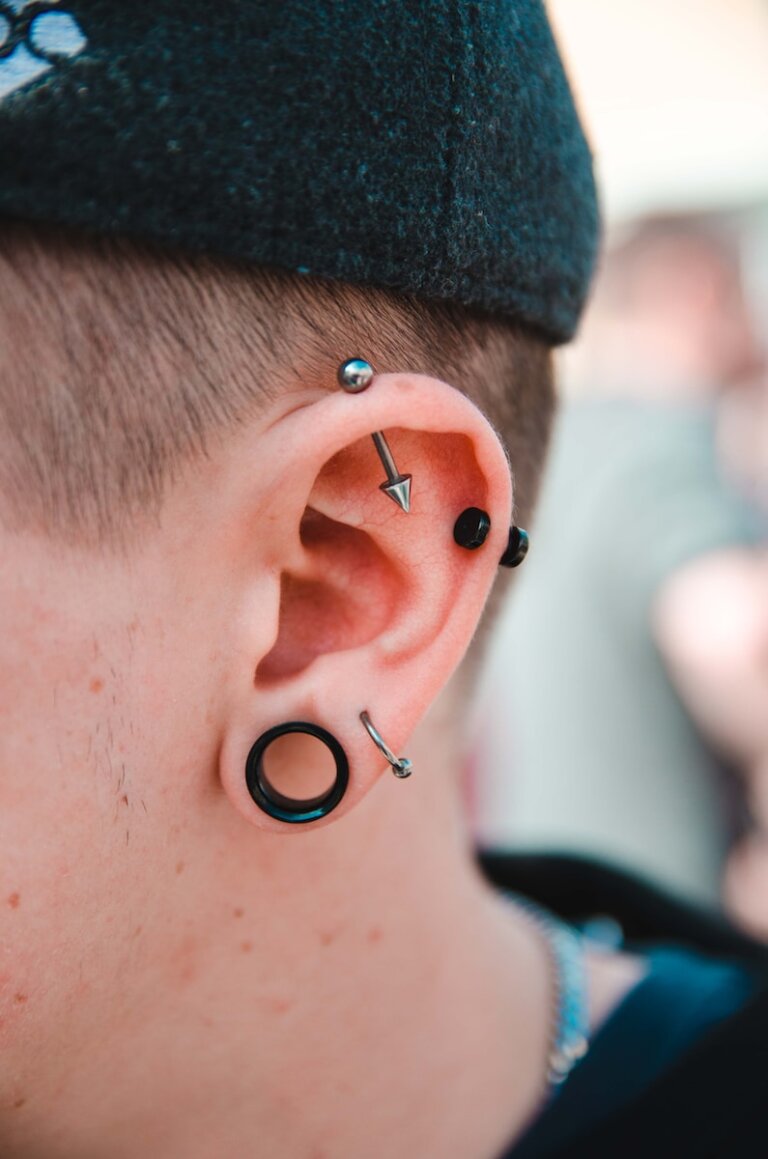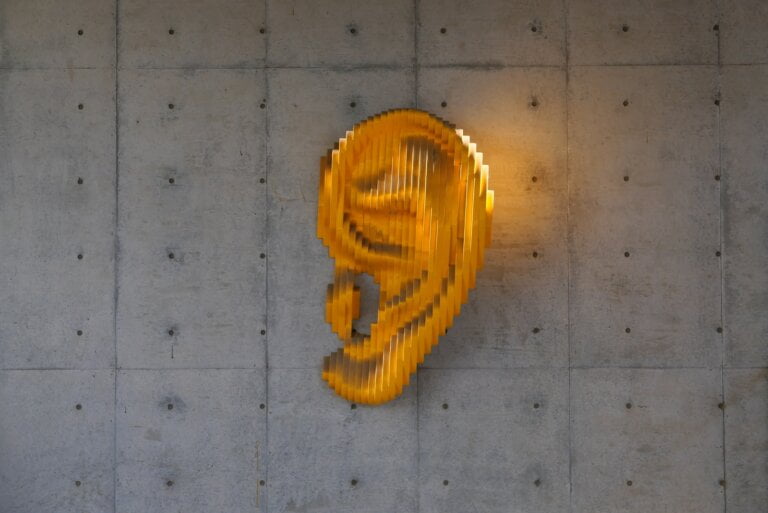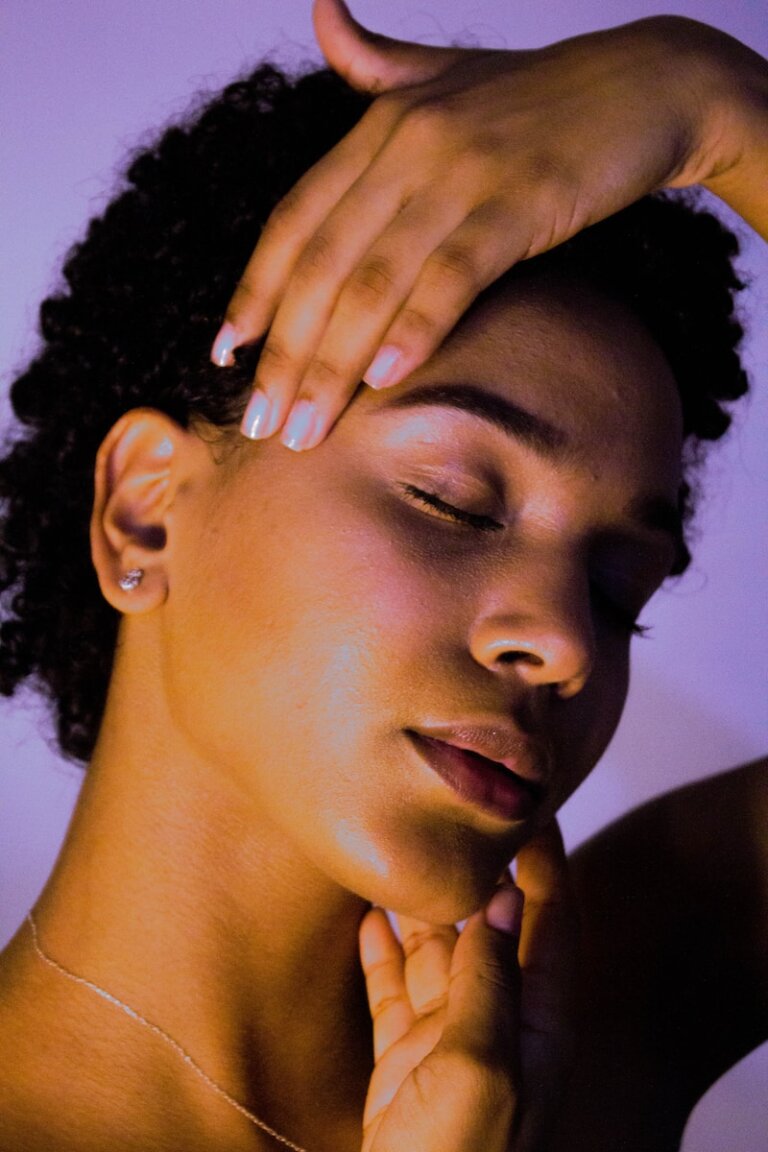A Sound Routine: Tips and Tricks for Ear Care and Maintenance
Last Updated on 9th August 2023 by Faye Yearsley
Taking care of our ears is essential for maintaining good overall health and well-being. Our ears play a crucial role in our daily lives, allowing us to hear and communicate effectively. By establishing a sound routine for ear care and maintenance, we can prevent potential issues and ensure optimal ear health. In this article, we will explore various tips and tricks to keep our ears in top shape.
Importance of Ear Care
Before diving into the tips and tricks, let’s understand why ear care is so important. Our ears are responsible for us being able to hearing. Neglecting ear care can lead to various problems, including hearing loss, ear infections, and other complications.
By implementing a routine that includes regular cleaning and preventive measures, we can reduce the risk of developing these issues and improve our overall auditory health.
The Dangers of Neglecting Ear Care
Neglecting ear care can have serious consequences for our hearing and ear health. Here are some potential issues that can arise from poor ear care:
- Hearing Loss: Accumulated earwax, blockages, or infections can result in temporary or permanent hearing loss. Regular ear care can help prevent these conditions.
- Ear Infections: can cause pain, discharge, discomfort, and even affect our balance. Establishing a routine for ear care can help prevent such infections.
- Tinnitus: is characterised by a persistent ringing or buzzing sound in the ears. This can be bothersome and interfere with daily activities. Tinnitus can be causes by a hearing loss, exposure to loud noises and ear wax blockages.
Cleaning Your Ears Safely
Cleaning our ears is an essential part of ear care, but it’s crucial to do it safely to avoid causing damage. Here are some tips for cleaning your ears effectively:
- Don’t inserting things into your ears: Contrary to popular belief, using cotton buds, twisted pieces of tissue and home removal kits to clean your ears can be harmful. They can push earwax deeper into the ear canal, potentially leading to earwax impaction or damage to the delicate structures of the ear. Instead, opt for safer alternatives.
- Safer Alternatives: Consider using earwax removal drops or visit an audiologist who can safely remove excess earwax.
- Use a warm washcloth: Gently wipe the outer part of your ears with a warm, damp washcloth to remove any dirt or debris. Be cautious not to insert the cloth into your ear canal.
- Consider Irrigation: If you have excessive earwax buildup, consult a healthcare professional who can perform ear irrigation safely. This process involves flushing the ear canal with water remove the accumulated wax.
- Benefits of Ear Irrigation: Ear irrigation can effectively remove stubborn earwax, providing relief from symptoms like hearing loss or discomfort.
It’s important to note that a small amount of earwax is normal and actually serves as a protective barrier. However, if you experience symptoms like hearing loss or discomfort, it’s best to seek professional advice from an audiologist.
Preventing Ear Infections
Ear infections can be painful and disruptive, especially for children. Practicing preventive measures can significantly reduce the risk of developing an ear infection. Here are some strategies to incorporate into your routine:
- Maintain proper hygiene: Ensure regular hand washing to prevent the spread of bacteria and viruses that can cause ear infections. Encourage children to follow this practice as well.
- Hand washing Techniques: Teach proper hand washing techniques, including washing with soap and water for at least 20 seconds, covering the entire hand and fingers, and drying thoroughly.
- Keep ears dry: Moisture in the ears can create an ideal environment for bacteria and fungi to thrive. Dry your ears thoroughly after swimming or showering, using a towel.
- Ear Drying Techniques: After swimming, tilt your head to each side to allow water to drain from your ears and then dry with a towel.
- Address allergies promptly: Allergies can contribute to ear infections. If you have known allergies, make sure to manage them effectively and seek appropriate medical treatment.
- Allergy Management: Consult with an allergist to identify triggers and develop a personalised treatment plan. This may include avoidance strategies, or medication.
Protecting Your Ears from Noise-Induced Damage
Exposure to loud noises, whether in the workplace or recreational settings, can lead to irreversible hearing loss. Taking steps to protect your ears from noise-induced damage is vital. Here are some recommendations:
- Use hearing protection: When exposed to loud noises, such as concerts, construction sites, or motorsports, wear earplugs or earmuffs to reduce the impact on your ears. This is especially important if you work in a noisy environment.
- Choosing the Right Hearing Protection: Select earplugs or earmuffs that offer appropriate noise reduction ratings (NRR) for the specific noise levels you will be exposed to.
- Limit exposure: Whenever possible, limit the duration and intensity of your exposure to loud noises. Take breaks and move to quieter areas to give your ears a chance to recover.
- Noise Exposure Management: If you work in a noisy environment, consider rotating to quieter tasks or taking regular breaks in a quiet space to reduce the overall noise exposure.
- Turn down the volume: When using headphones or earphones, keep the volume at a moderate level. Prolonged exposure to loud music can cause damage to your hearing. Safe Listening Practices: Follow the 60/60 rule – listen to music at 60% of the maximum volume for a maximum of 60 minutes at a time. Give your ears regular breaks to rest and recover.
Regular Check-ups and Professional Care
In addition to maintaining a good routine for ear care, it’s essential to schedule regular check-ups with an audiologist. They can assess your ear health, conduct hearing tests, and address any concerns you may have. If you experience persistent pain, drainage, hearing loss, or other unusual symptoms, seek medical attention promptly.
The Importance of Professional Care
Regular check-ups with a healthcare professional specialising in ear care can provide numerous benefits:
- Early Detection of Problems: Professionals can identify potential issues early on, such as ear infections or hearing loss, allowing for prompt treatment and management.
- Hearing Tests: Can assess the overall health of your ears and detect any hearing loss or abnormalities that may require further attention.
- Professional Cleaning: In some cases, audiologist may need to perform specialised procedures to remove stubborn earwax.
By following these tips and incorporating them into your routine, you can ensure the well-being of your ears. Remember, prevention is key when it comes to ear health. Take care of your ears, and they will continue to serve you well for years to come.
FQA
1. Why is ear care important?
Ear care is important because our ears are responsible for us being able to hear, by neglecting ear care it could lead to hearing loss, ear infections, and tinnitus.
2. Can using cotton buds to clean our ears be harmful?
Yes, using cotton buds to clean our ears can be harmful. It can push earwax deeper into the ear canal, potentially leading to earwax impaction or damage to the delicate structures of the ear. Safer alternative is to see an audiologist for removal of the wax.
3. How can we prevent ear infections?
To prevent ear infections, it is important to maintain proper hygiene by regularly washing hands, keep ears dry after swimming or showering, and addressing allergies promptly.
4. How can we protect our ears from noise-induced damage?
To protect our ears from noise-induced damage, we should use hearing protection such as earplugs or earmuffs when exposed to loud noises, limit exposure to loud noises, and keep the volume at a moderate level when using headphones or earphones. Regular check-ups with a healthcare professional specialising in ear care are also important for early detection and professional care.







